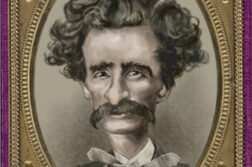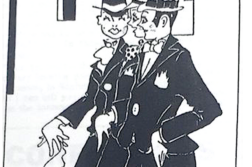IN JULY 2010, the French Ministry of Education announced changes for the academic year 2011–12 in the national curriculum for high school sex education. By the end of September 2011, 80 deputies from the National Assembly and 113 senators (roughly one-third of all senators) had sent letters of protest to the Minister of Education, Luc Chatel—and not for the reasons you might expect. There were potentially controversial new sections in the curriculum, including information on obtaining sexual pleasure along with descriptions of a panorama of sexual practices, but these were not the objects of their scorn. Rather, the letters were sent mostly in protest against the teaching of gender as a social construction and to plead for this new section to be removed.
Sex education has been a part of the French high school curriculum since 1974. And since then, as the historian Tamara Chaplin has pointed out, the Ministry of Education [has distinguished]between information (understood as the biological and physiological facts of sexual activity) and education (that which confers psychological, affective, social, spiritual and moral meaning onto human sexual behavior). And whereas information remains within the state’s purview, education—given its divisive content—is still relegated to extracurricular activities, whether coordinated by parents, or under the careful ministrations of religious leaders, or (more uncomfortably and mostly by default) relinquished to young people themselves. The problematic guiding presumption, of course, is that one actually can separate these two domains (Chaplin, 2011).
The most recent debates over changes to sex education curriculum are basically split along these lines,






